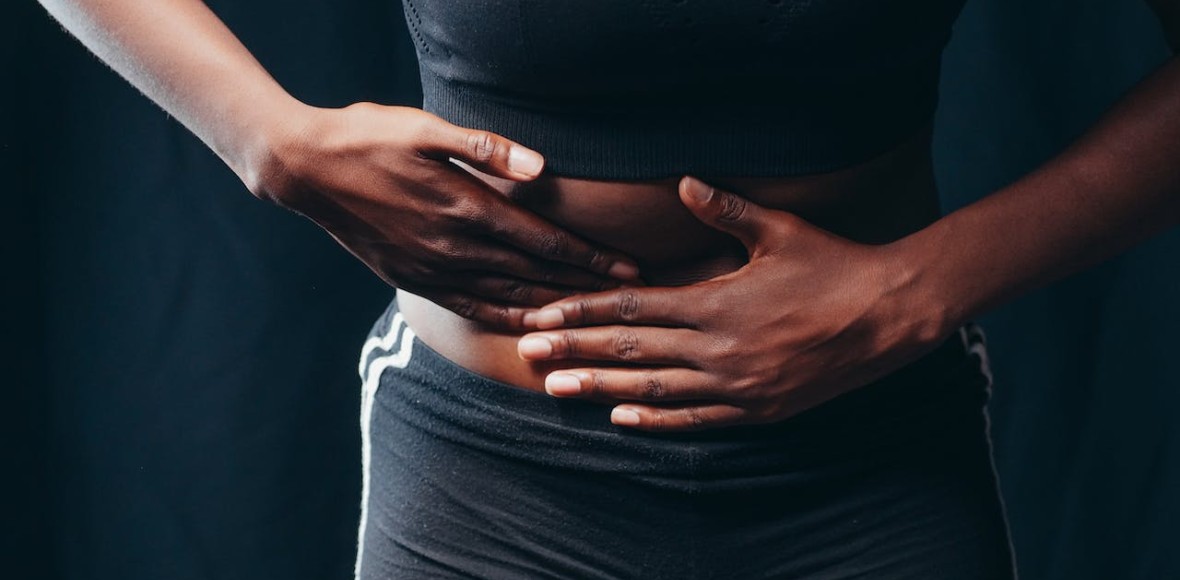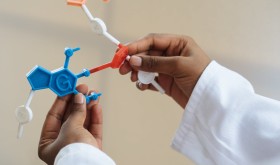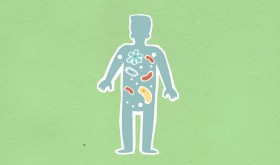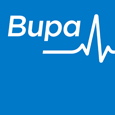
The colon is the end of the digestive tract, part of the large intestine. Any leftover water, salts, and vitamins from food are absorbed and condensed in the colon. After food is broken down and absorbed in the small intestine, indigestible food matter passes through the colon. From the sigmoid colon, the faeces are transferred to the rectum, where they are stored for excretion.
Causes
Constipation, IBS, diarrhoea, Colitis, diverticular disease, or colorectal cancer can all cause Abdominal Pain in the large intestine or colon.
Constipation
When you pass hard stools or urinate less than three times a week, you have Constipation. Common problems such as this can be a result of other disorders or as a symptom of them. It is common for Constipation to cause abdominal pain, bloating, and discomfort.
IBS with Constipation (IBS-C) and dyssynergic defecation (having difficulty passing stool due to problems with the pelvic floor’s muscles and nerves) can all contribute to chronic Constipation.
It is estimated that 75 percent of people suffering from chronic constipation experience pain in some form or another. In contrast, Constipation caused by IBS-C is more painful than other constipation causes.
Diarrhoea
It is described by loose or watery stools at least three times per day. Most diarrheal causes do not cause abdominal pain. It is possible to have diarrhoea with abdominal pain if you have inflammatory bowel disease (IBD) or IBS with diarrhoea (IBS-D). It is possible that the pain will subside after a bowel movement.
Irritable Bowel Syndrome
It is characterised by abdominal pain in those suffering from Irritable Bowel Syndrome. A set of criteria, also known as the Rome Criteria, is used to diagnose IBS. The criteria also include experiencing abdominal pain on average every day for three months and other symptoms.
A bowel movement causes abdominal pain shortly afterward. It is possible that the pain will subside after you use the restroom.
Irritable Bowel Syndrome Overview
In Colitis, the colon becomes inflamed. A variety of diseases, conditions, or infections can cause inflammation.
Ulcerative Colitis and Crohn’s disease are two examples, as are microscopic Colitis, ischemic Colitis (caused by blocked blood flow to the colon), and pseudomembranous Colitis (caused by an infection that may follow taking antibiotics).
Abdominal Pain can be caused by colon inflammation. In pseudomembranous Colitis, microscopic Colitis, and ischemic Colitis, Abdominal Pain is common. If IBD causes it, it may be chronic.
Diverticular Illness
Diverticulosis and diverticulitis describe diverticular disease. The presence of diverticula is defined as Diverticulosis (outpouchings in the colon). Diverticulitis is a condition in which those pouches become infected and inflamed.
Diverticulosis is usually asymptomatic. Achy or crampy abdominal Pain can be caused by diverticulitis.
Cancer of the Colon
Colon cancer is one of the more serious causes of abdominal Pain. It’s important to remember that most colon or abdomen pain isn’t caused by cancer.
Abdominal Pain is relatively common in colon cancer. The Pain occurs in the lower abdomen and is accompanied by Constipation.















